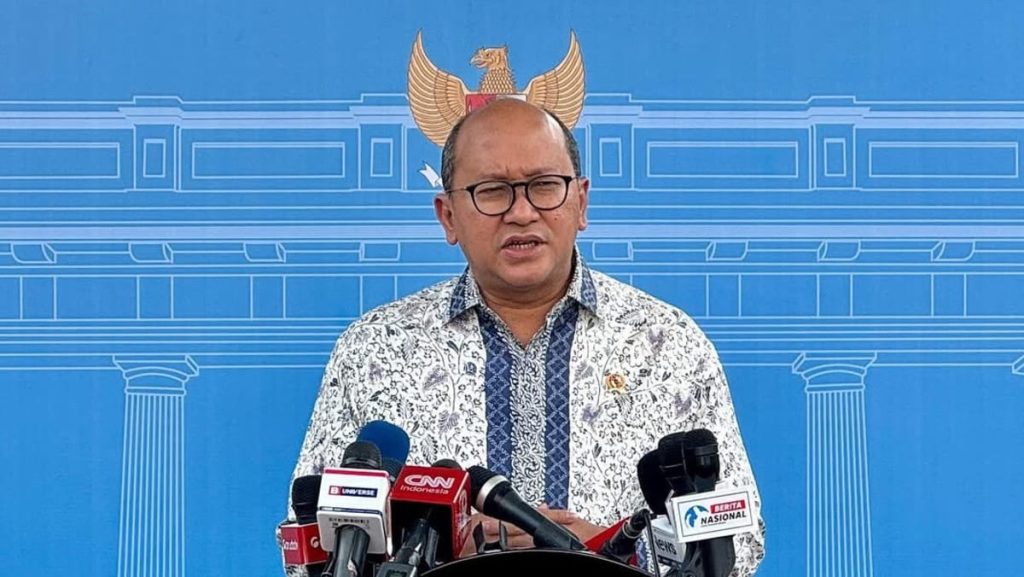The Indonesian government and Apple Inc. are engaged in ongoing negotiations regarding a potential $1 billion manufacturing facility in Batam, Indonesia. While Indonesian coordinating minister for maritime affairs and investment, Luhut Binsar Pandjaitan, has expressed optimism, suggesting Apple has already surveyed the proposed site and aiming for completion by early 2026, the negotiations are far from concluded. A key sticking point appears to be the Indonesian government’s insistence on “fairness principles,” which require Apple to demonstrate the economic benefits of their investment relative to their investments in other countries and the investments of competitor companies within Indonesia. This careful approach underscores Indonesia’s desire to maximize the long-term value of Apple’s presence in the country, focusing on job creation and overall economic impact.
Indonesia’s insistence on these “fairness principles” signals a strategic shift in its approach to attracting foreign investment. Rather than simply welcoming any investment, the government is actively scrutinizing the potential benefits, particularly in terms of job creation and economic spillover effects. This approach reflects a growing awareness of the need to ensure that foreign investment contributes to sustainable economic development and doesn’t merely exploit cheap labor or resources. By comparing Apple’s proposed investment with its commitments in other countries, Indonesia aims to secure a deal that reflects the true value of its market and workforce. Similarly, by comparing Apple’s investment with those of its competitors, like Samsung, Xiaomi, and Huawei, Indonesia seeks to establish a benchmark for investment levels within the sector, preventing underinvestment and maximizing the potential benefits.
The focus on job creation is particularly significant. Indonesia, like many developing nations, grapples with high unemployment and underemployment. Attracting investments that create substantial, high-quality jobs is a key priority for the government. Therefore, the Indonesian negotiators are not merely concerned with the headline investment figure of $1 billion, but rather with the tangible impact this investment will have on employment opportunities for Indonesian citizens. This emphasis on job creation reflects a broader policy objective of fostering inclusive economic growth that benefits a wider segment of the population.
The negotiations highlight a dynamic interplay between the interests of a multinational corporation seeking to optimize its global supply chain and the interests of a developing nation seeking to leverage foreign investment for sustainable economic development. Apple, seeking to diversify its manufacturing base and tap into Indonesia’s growing consumer market, must navigate the Indonesian government’s requirements for transparency and demonstrable economic benefits. This negotiation process underscores the increasing bargaining power of developing nations as they become more assertive in attracting foreign investment on terms that align with their national development goals.
While Apple executive Lisa Jackson, vice president of environment, policy, and social initiatives, described the discussions as “great,” the Indonesian government remains cautious. Deputy Minister Agus Gumiwang Kartasasmita explicitly stated that the $1 billion investment pledge is “insufficient” and emphasized the importance of Apple demonstrating the long-term value of its investment. This cautious approach signals Indonesia’s unwillingness to be swayed by superficial promises and its commitment to securing a deal that delivers tangible benefits for the Indonesian economy. The government’s refusal to set a deadline further reinforces this position, prioritizing substance over speed.
The ongoing negotiations between Indonesia and Apple represent a significant development in the evolving landscape of global investment. Indonesia’s assertive stance, prioritizing fairness and long-term economic benefits, sets a precedent for other developing nations seeking to attract foreign investment on their own terms. The outcome of these negotiations will be closely watched as a barometer of the shifting power dynamics between multinational corporations and developing economies, and will likely influence future investment negotiations across the globe. The focus on job creation, value addition, and comparison with competitor investments signifies a more sophisticated and strategic approach to attracting foreign direct investment, one that prioritizes sustainable and inclusive economic growth over short-term gains.

